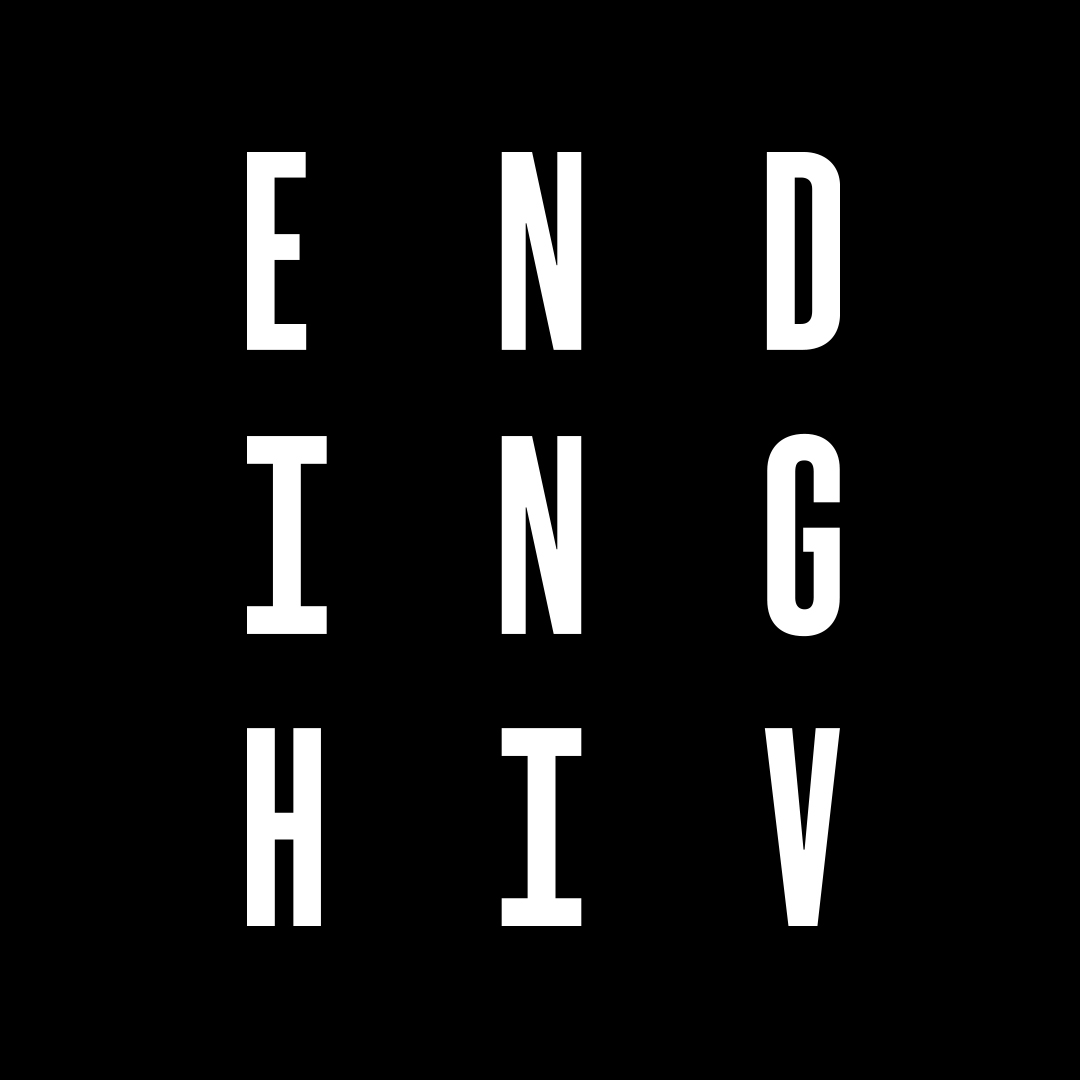I think I might have HIV: 4 Signs of HIV
Sometimes things happen. You got lucky. Got caught up in the heat of the moment. You didn’t use a condom, or it broke during anal sex. And now you think you might have been exposed to HIV.

If everything happened in the last one to two days, you might consider heading urgently to your local hospital or sexual health clinic to be assessed for PEP (post-exposure prophylaxis). PEP, if started within 72 hours of a high risk event, can prevent HIV establishing itself in your body.
If it’s been longer than that and you have some signs of being unwell, you should get an HIV test.
Like most viruses, having HIV in your system triggers a response. Your body will start to produce antibodies to fight back against the intruder, a process known as seroconversion.

Many people may start to experience physical indications that HIV is present and spreading. They may have many symptoms, or perhaps only one or two, and they can range from strong to mild. In some instances people don’t have any obvious signs, which is why it’s important to test once every three months if sexually active.
Right off the bat, it’s important to remember that one or more of these signs does not necessarily indicate that you have acquired HIV. They can be potential indicators for hundreds of other illnesses, so there is definitely no need to panic.
Unfortunately, some people turn to the internet to self-diagnose (otherwise known as consulting ‘Doctor Google’) when these signs appear. The web is a great resource, but it’s definitely not an alternative to a qualified medical practitioner if you’re experiencing any type of unwellness.

The only way that you can be absolutely sure if you have been exposed to HIV is by undertaking an HIV test. Rapid HIV tests can supply a result in as little as 30 minutes, but they aren’t offered at every testing clinic, and when they are, a blood test will also be conducted to confirm your result. You will also have access to support and assistance when you take the test, and any questions or concerns you may have can be easily answered.
If you think you have been exposed to HIV, it’s crucial to find out as soon as possible. Not only for your own peace of mind, but also for the reason that if you have seroconverted, your viral load (the amount of HIV in your blood) will initially be very high. This greatly increases the risk of passing the virus on to someone else.
So let’s take a look at some of the signs you may have HIV. Remember, these are not an indication that you have HIV – only a HIV test can tell you that!
1. The heat’s on – does HIV cause hot flushes?
When HIV — or any viral infection — settles in your system and starts to replicate, your body’s immune processes swing into action and initiate what is known as an inflammatory response to combat it. One of the ways it does this is to raise the body’s temperature, which generates a fever. This may be one of the first signs of HIV you experience. Cranking up the body’s immune system to fight an intruder takes a lot of energy, so another indication may be feelings of tiredness or lethargy.

2. Lymphomania – are swollen lymph nodes a sign of HIV?
Central to your immune system are your lymph glands, located in the neck, armpits, groin, as well as near the gut and lungs. These glands (also known as nodes) filter out harmful substances and waste products from the body, and contain immune cells that fight harmful infections. When the immune system is fighting infection, these glands can become enlarged and sore as the inflammatory response gets underway. Aches and pains in the muscles and joints may also occur at this point.
3. Knocks from other bugs – is a weakened immune system a sign of HIV?
When the body’s immune system is weakened or diverted all resources to fight a major infection such as HIV, other bugs may take the opportunity to set up shop and flourish in the interim. Headaches and severe dry coughs that can’t be fixed by any usual methods, or the appearance of itchy rashes on the body, may also be a sign of your body’s response to HIV.

4. Night fever, night fever… – does HIV cause night sweats?
Some may wake up in the middle of the night to find their bedsheets drenched with sweat. Again, this may be a consequence of the body’s immune system fighting initial HIV infection, but there are also a variety of other reasons and illnesses that can cause this annoying visitor. Diabetes, too much booze before bedtime, and various medications are all possible culprits of the midnight soaks. It might even be as simple a reason as putting too many blankets on before you doze off.

I’ve noticed one or more of these signs! Does this mean I have HIV?
Not exactly, you could have hundreds of other bugs that exhibit similar characteristics. Though some of these problems are signs of HIV, they also signal everything from food poisoning, a dose of the ‘flu or any type of illness that causes your immune system to respond to a nasty infection. Once again, it’s also important to remember that some people may not experience any illnesses or effects at all following HIV transmission.
So what do I do?
As with any bout of sickness, the most sensible thing to do is visit your doctor. Not only can they ascertain fairly quickly what ails you, they can also get your treatments underway promptly if you have indeed been exposed to HIV. Remember, acting quickly will commence the process of controlling HIV in your body and will reduce the risk of passing it on to any of your sexual partners. It will also put your mind at ease! And even if you aren’t showing any signs of HIV, regular STI testing should always form a part of your overall health monitoring.
So if you’re worried, take control of your sexual health by taking action. Talk to your doctor, or get a rapid HIV test and STI check-up at a[TEST]; ACON’s community-based testing service. Otherwise you can find where to get tested here.
